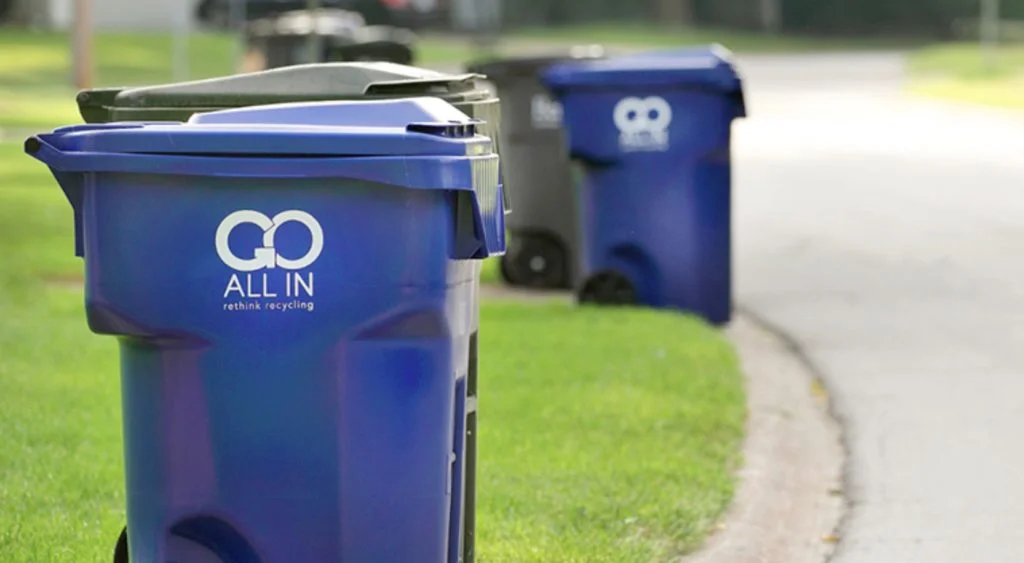Recycling green garbage has major financial advantages and promotes both economic expansion and environmental sustainability. Organic waste items like leaves, yard clippings, and food scraps are converted into useful products through this process. Communities and businesses can better understand the value of funding green trash recycling programs by investigating these financial benefits. If you’d like to know more about green waste removal check out WM Waste Management Services.
Job Creation and Local Economy Boost
One of the most direct economic benefits of green waste recycling is job creation. The recycling industry requires a diverse workforce to manage the collection, processing, and distribution of recycled materials. Jobs are created in various sectors, including waste management, logistics, manufacturing, and retail. These employment opportunities support local economies by providing steady incomes and fostering community development.
Cost Savings for Municipalities
With efficient green trash recycling programs, municipalities can save a significant amount of money. Conventional garbage disposal techniques, such as incineration and land filling, are costly and resource-intensive. Municipalities can cut expenses by reducing the amount of waste that needs to be disposed of by diverting green waste from landfills.
Furthermore, composting green waste reduces the need for chemical fertilizers, which are often purchased by municipalities for public landscaping and gardening projects. Compost provides a nutrient-rich alternative, enhancing soil health and promoting sustainable agriculture practices. This shift can lead to significant cost reductions in public maintenance and agricultural inputs.
Revenue Generation from Recycled Products
Green waste recycling generates revenue through the sale of recycled products. Compost, mulch, and biogas are valuable commodities that can be marketed to various consumers, from individual gardeners to large agricultural enterprises. The sale of these products provides a steady income stream for recycling facilities, offsetting operational costs and contributing to overall profitability.
For instance, compost is highly sought after in the agricultural sector for its soil-enhancing properties. Farmers and gardeners alike purchase compost to improve soil fertility and crop yields, creating a consistent demand. Similarly, mulch produced from green waste is used in landscaping to conserve soil moisture and suppress weeds, appealing to both residential and commercial customers.
Energy Production and Sustainability
Another way to profit economically is through the creation of biogas from green waste. Anaerobic digesters can be used to convert organic waste products to create biogas, a renewable energy source. This biogas can be turned into fuel for cars or utilized to provide heat and electricity. Communities may encourage sustainable energy practices and lessen their dependency on fossil fuels by utilizing the energy potential of green waste.
The production of biogas not only encourages energy independence but also creates opportunities for selling excess energy to the grid. This can provide an additional revenue stream for governments and commercial companies that recycle green waste. Digestate, an anaerobic digestion waste, can also be used as fertilizer, promoting the circular economy.
Conclusion
Green waste recycling offers a multitude of economic benefits, from job creation and cost savings to revenue generation and sustainable energy production. By investing in green waste recycling programs, communities and businesses can enhance economic resilience while promoting environmental sustainability. These programs not only reduce waste management costs but also create valuable products and energy sources, driving economic growth and supporting a healthier planet. Embracing green waste recycling is a strategic move that aligns economic and environmental goals for a sustainable future.




